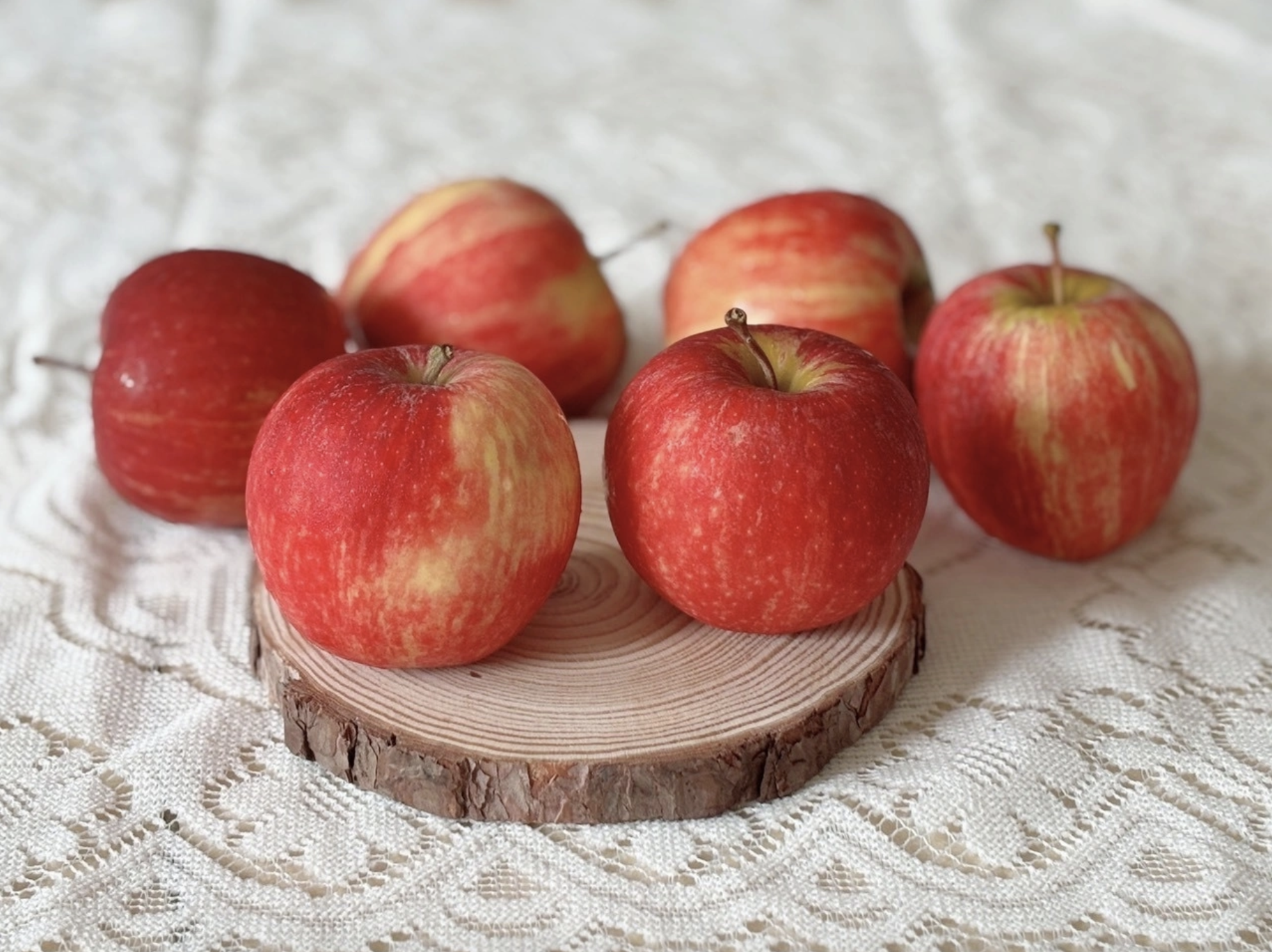Apples are rich in pectin, a soluble fiber that cleanses the gut, removes bad cholesterol, and prevents sudden increases in blood pressure. This contributes to a lower risk of atherosclerosis, a narrowing of the arteries. Apples also contain potassium, which helps flush sodium from the body and lower blood pressure, but those with kidney problems should exercise caution.
Other compounds like tartaric and citric acids help reduce fatigue and improve skin health. Chlorogenic acid, a major polyphenol found in apple skin, provides antioxidant, anticancer, cholesterol-lowering, and blood sugar-regulating benefits.
Eating the apple skin is key to reaping these health benefits.
So, is eating apples at night harmful?
The old saying goes, "An apple in the morning is gold, in the evening poison." However, this isn't entirely true, but there are some considerations.
Eating an apple as a late-night dessert can cause discomfort, especially for those with digestive issues. Apples can stimulate excess stomach acid production at night, potentially causing discomfort and disrupting sleep.
However, if consumed before 8 PM, two or three small apple slices as dessert are usually harmless. With the stomach partially full, any negative impact from the apple is less pronounced.
Conversely, eating an apple in the morning helps stimulate digestion and bowel movements, contributing to a fresher start to the day.
 |
Eating apples at night can cause digestive discomfort, but a few slices after dinner and before 8 PM are usually harmless. Photo: Bao Bao |
Should you eat a whole apple or drink the juice?
Some people choose to drink apple juice or eat applesauce in the morning. However, this is considered an unhealthy habit. Juicing fruit reduces the fiber content in your diet—especially the type of fiber that helps control blood sugar spikes. Whole fruits and raw vegetables are better choices for maintaining low blood sugar levels.
Fiber is one of the most beneficial components of fruits and vegetables, not only helping to control blood sugar but also lowering triglyceride levels and boosting heart health.
To maximize fiber intake, apples should be washed and eaten whole, including the skin.
Can people with high blood sugar eat apples?
According to the Korea Centers for Disease Control and Prevention (KCDC) and the Korean Diabetes Association, even those with diabetes can eat apples, but within limits.
Fruit contains carbohydrates and sugars, which can raise blood sugar levels if eaten in excess. A reasonable serving size for someone managing their blood sugar is about 1/3 of a medium-sized apple (100 g), equivalent to one standard carbohydrate exchange unit. For comparison, an orange (100 g), a large slice of watermelon (250 g), 1/4 of a pear, 10 strawberries, or a large tomato (350 g) also count as one serving.
If someone has already consumed a large amount of carbohydrates like rice, bread, or noodles, it's best to limit fruit intake afterward.
My Y (According to The Korea Times)












